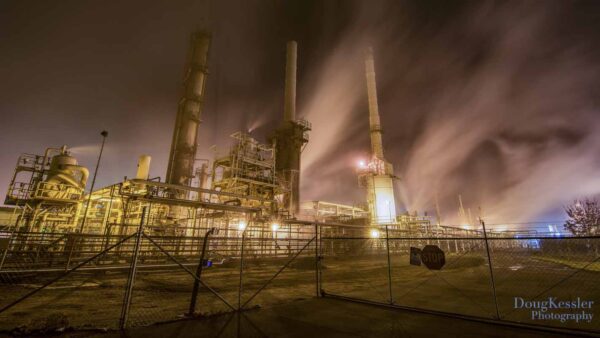News & Articles on Fossil Fuels
Fossil Fuels ares not renewable, obviously. They are listed here for organizational reasons. I don’t write about fossil fuels–as a rule. However, fossil fuels and those who promote them are not going away quietly. Thus, I felt it necessary to include the topic to distinguish articles that are not about nuclear power or renewable energy.

Cold and expensive v hot, cheap and eco-friendly: the contrasting histories of home heating in the UK and Sweden
By
External Source
The new year in Sweden began with some record-breaking cold temperatures. Temperatures in the village of Kvikkjokk in the northern Swedish part of Lapland dropped to -43.6°C, the lowest recorded since records began in 1887. Yet for the majority of Swedish households, heating is not an issue. Those living in the multi-household apartment blocks that characterise Sweden’s towns and cities enjoy average temperatures of 22°C inside their homes, thanks to communal heating systems that keep room temperatures high and costs low. For many households, heating is charged at a flat rate and included in the rent they pay.

Turning Point: Wind and Solar Outstrip Fossil Fuels in Europe for First Time
By
External Source
Beatrice Petrovich at the Ember Energy Consultancy reports that for the first time last year, wind and solar generated more electricity in the European Union than did fossil fuels. It is another clear piece of proof that humanity can get to carbon neutral by 2050 if it wants to. The alternative is very bad for children and other living things. Combined, wind and solar generated 30% of EU power in 2025. That percentage was only 20% half a decade before. Wind, solar and hydro accounted for 47.1% of electricity generation, nearly half, in the Eurozone.

Ontario’s Nuclear Rate Shock Reveals a Deeper Affordability Problem
By
Michael Barnard
The current nuclear rate filing is not only about paying for reactors. It is a signal about system design and risk allocation. Ontario can continue to benefit from its nuclear fleet while recognizing that too much nuclear raises costs and reduces flexibility. Keeping nuclear around it’s current capacity and accelerating renewables and electrification offers a clearer path to lower household energy costs and a more stable energy system over time.

German Renewables Reach New Record–Surpass Fossil Fuels
By
Paul Gipe
Despite the doom & gloom here in the states where renewable energy is under a sustained assault by the Trump …

In Venezuela, It’s All About The Oil
By
Steve Hanley
Here we go again — the United States of America beating up on weaker nations in order to capture their oil for itself. The overthrow of the Iranian government in 1953 (conducted with the enthusiastic support of the UK) was about kneecapping an alleged socialist, Mohammad Mosaddegh, but one of the reasons he was considered so dangerous was because he posed a threat to US access to Iranian oil. Fast forward a few decades and we have Poppy Bush coming to the aid of the aggressively undemocratic rulers of Kuwait in order, once again, to promote free access to that country’s abundant oil reserves. Then came President BushLeague, who puffed out his chest and hollered about “yellow cake” and “weapons of mass destruction,” but his real interest was in preserving American access to Iraqi oil reserves.

